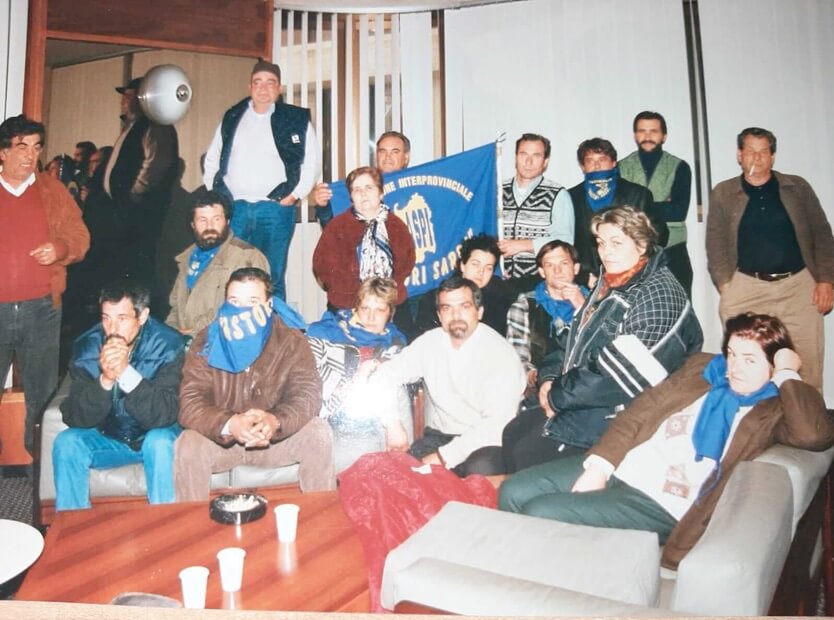
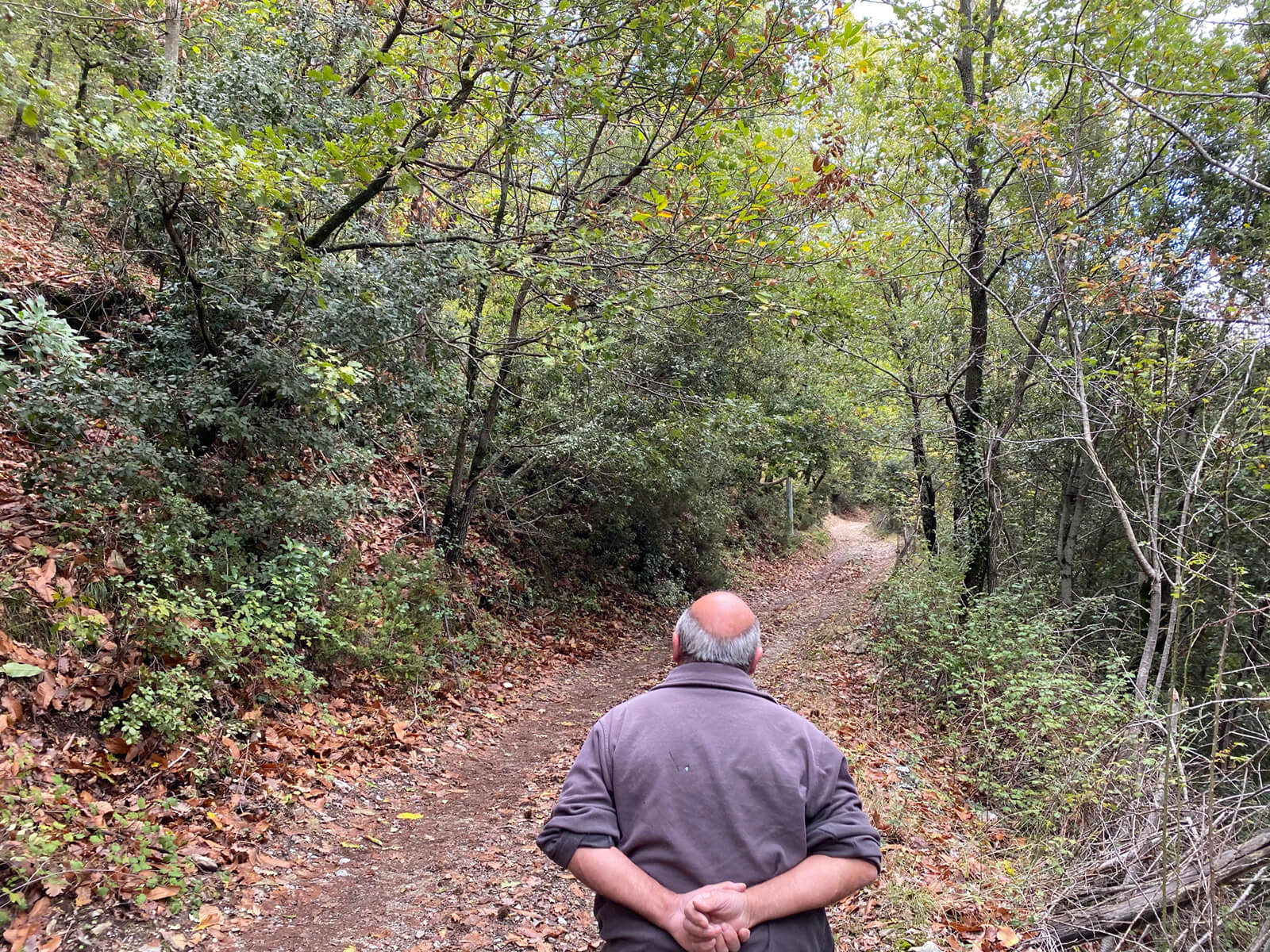
Giulia is an agrarian and food movement researcher and activist originally from Sardinia, Italy. Giulia’s research with the PASTRES project focuses on the politics of pastoral markets and the dynamics of agrarian transformation.
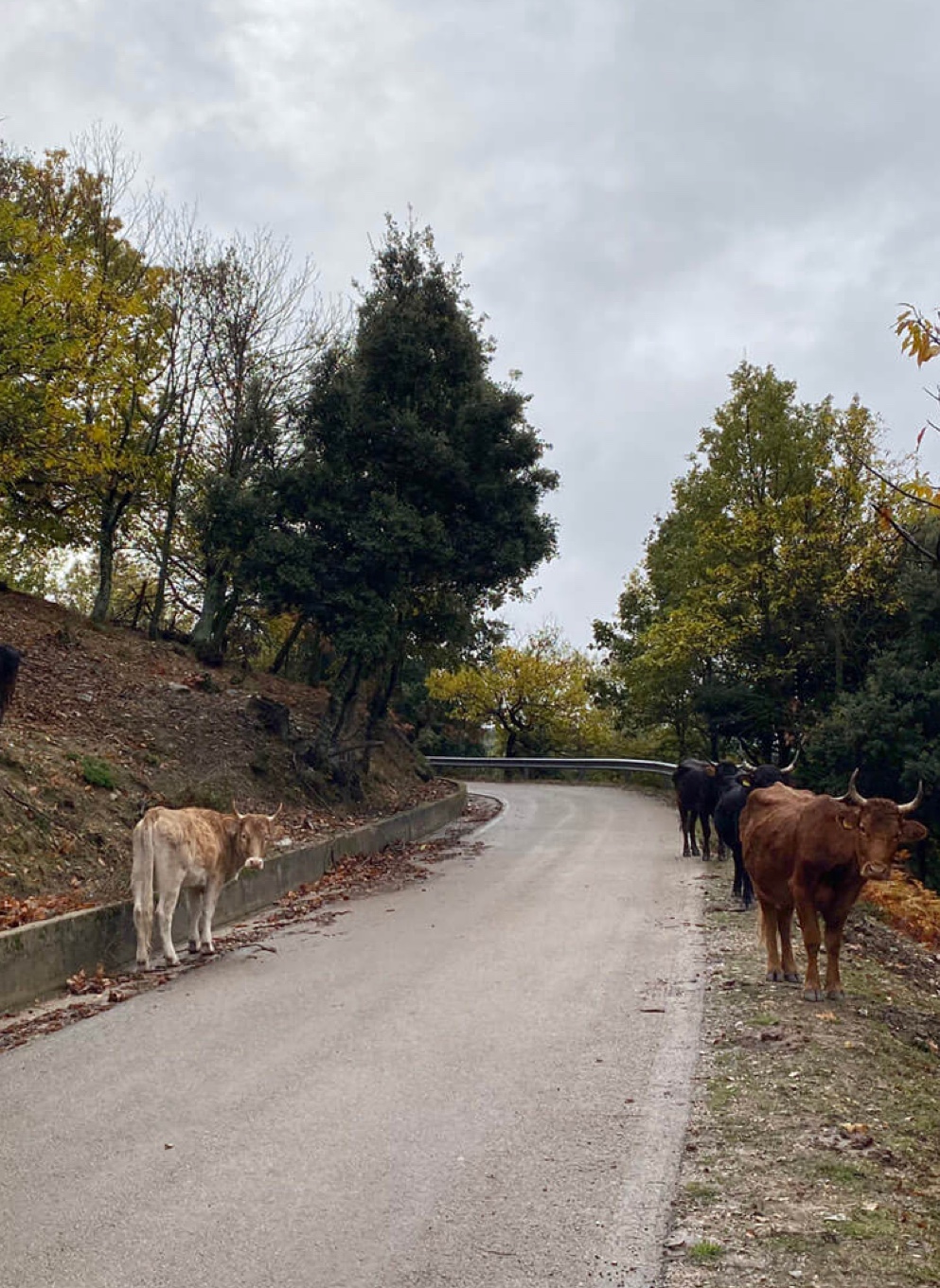
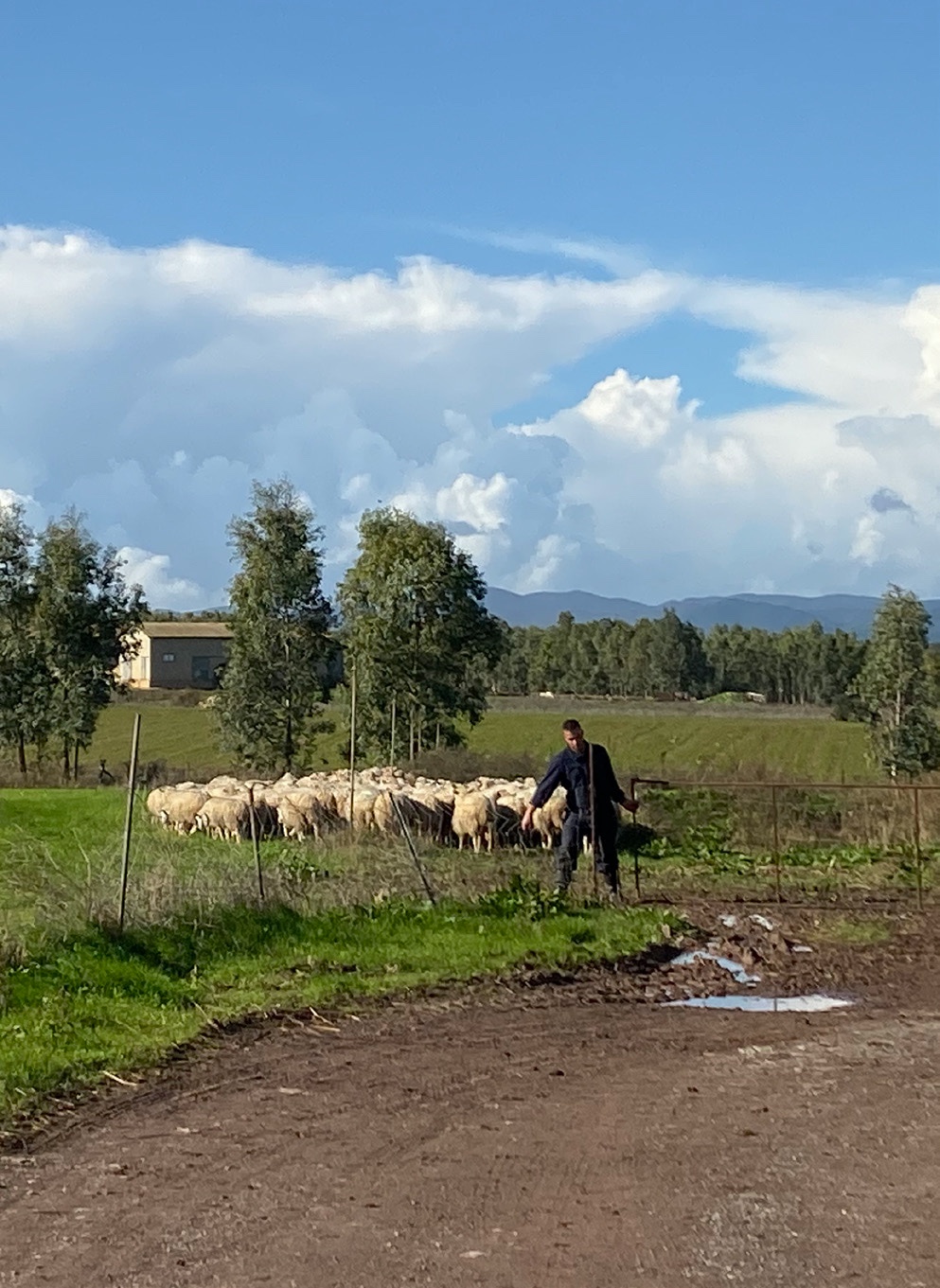


“There are league A and league B pastoralists”
(pastoralist)
(pastoralist)
“there are no more pastoralists in Sardinia, there are only
sedentary livestock farmers” (University professor)
sedentary livestock farmers” (University professor)
“A real pastoralist has always made cheese
near to the place where he milked the animals”
near to the place where he milked the animals”
“Making cheese and selling cheese is not my job, my job as a pastoralist is that of producing milk”
“There are no pastoralists here,
they all moved to the plain”
they all moved to the plain”
“when did you become a pastoralist?
“I am a livestock operator”
“I don’t want them to write direct farmer in my ID, I am a pastoralist”
“Politic needs to understand that pastoralists
are the backbone of this island, of its economy,
of its traditions, food and culture.”
are the backbone of this island, of its economy,
of its traditions, food and culture.”
“I am not a pastoralist, I am a sheep farmer”
“We cannot end up all making cheese
and selling it to purchasing groups.
There are twelve thousands pastoralists in Sardinia”
“We are all pastoralists in Sardinia, there are no industrial farmers or
intensive production, we are all extensive and semi-extensive
pastoralists”
intensive production, we are all extensive and semi-extensive
pastoralists”
A Unifeed wagon simplifies distribution of feed, reduces manpower costs and allows for controlled and standardized animal feeding.
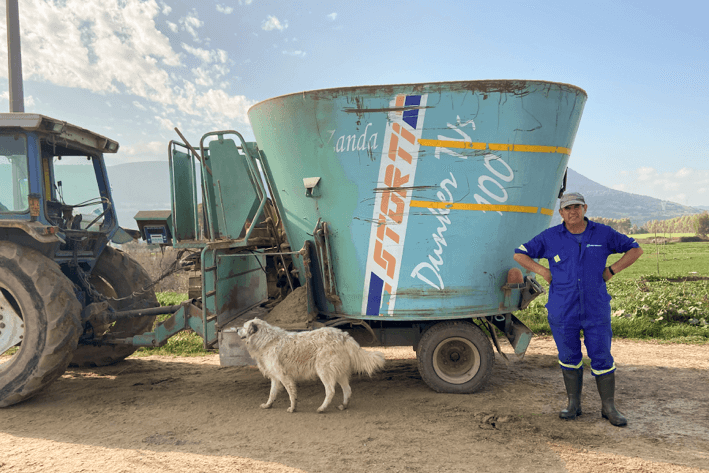
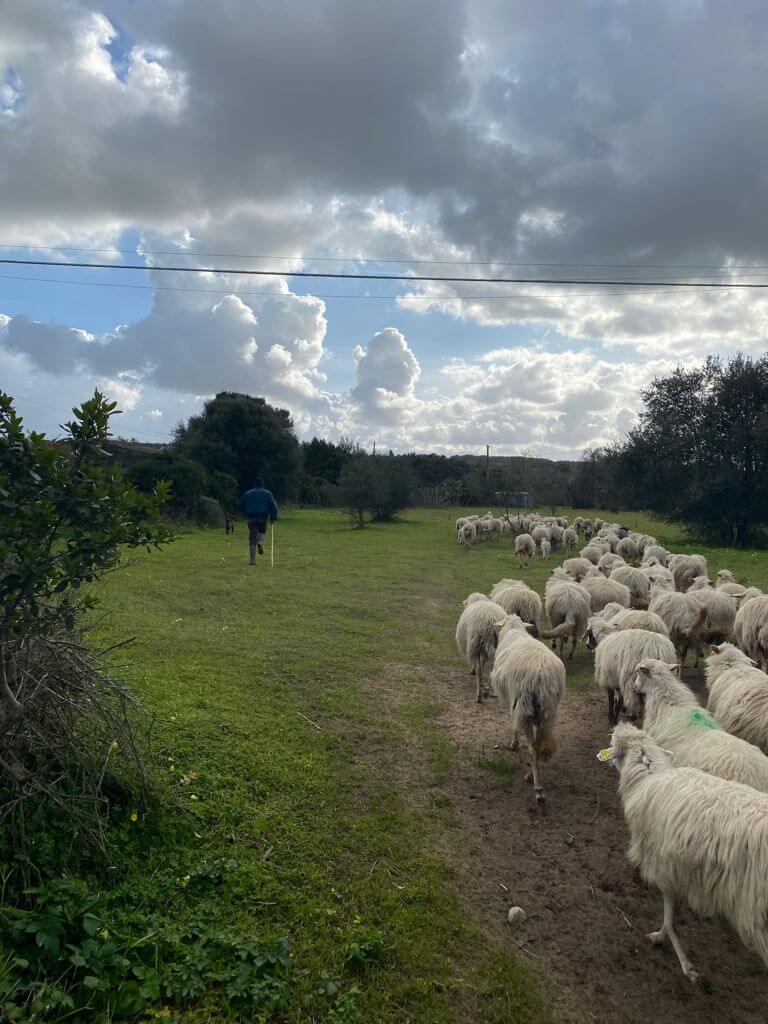
‘I do not know if these sheep will be in a good state of health in the long run. Overfeeding with pellets, added proteins and feed, I do not know what it can cause in the genetics of the animal in the long run.’
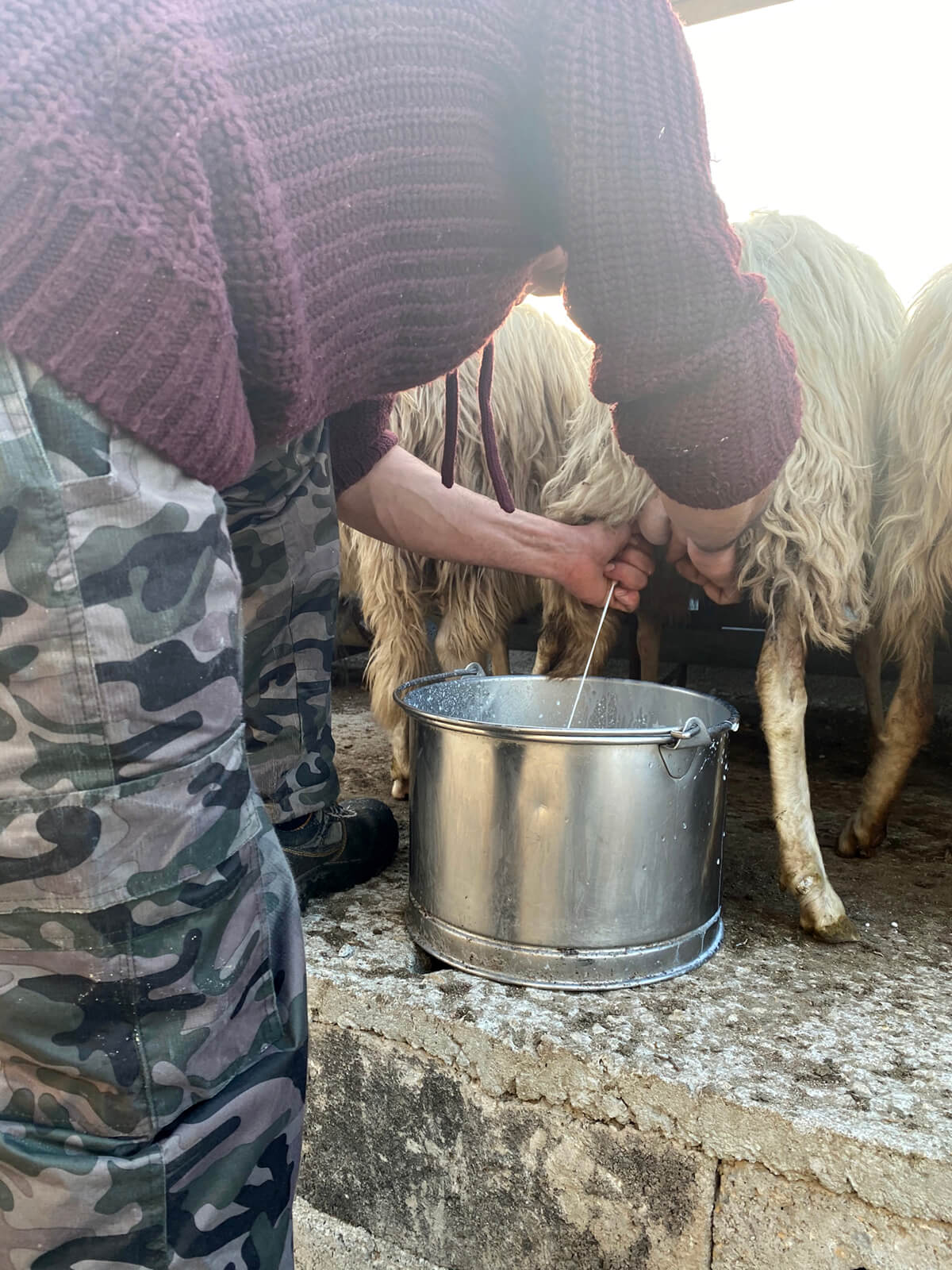
‘It’s a problem because in this area nobody wants to give you land for rent. For landowners, it is more convenient to leave it uncultivated and to receive subsidies. They don’t give you a contract because they receive more public subsidies than the money I would give to them by renting the land. So I cannot get organized as I have no certainty, I don’t know if I will have the land or not.’
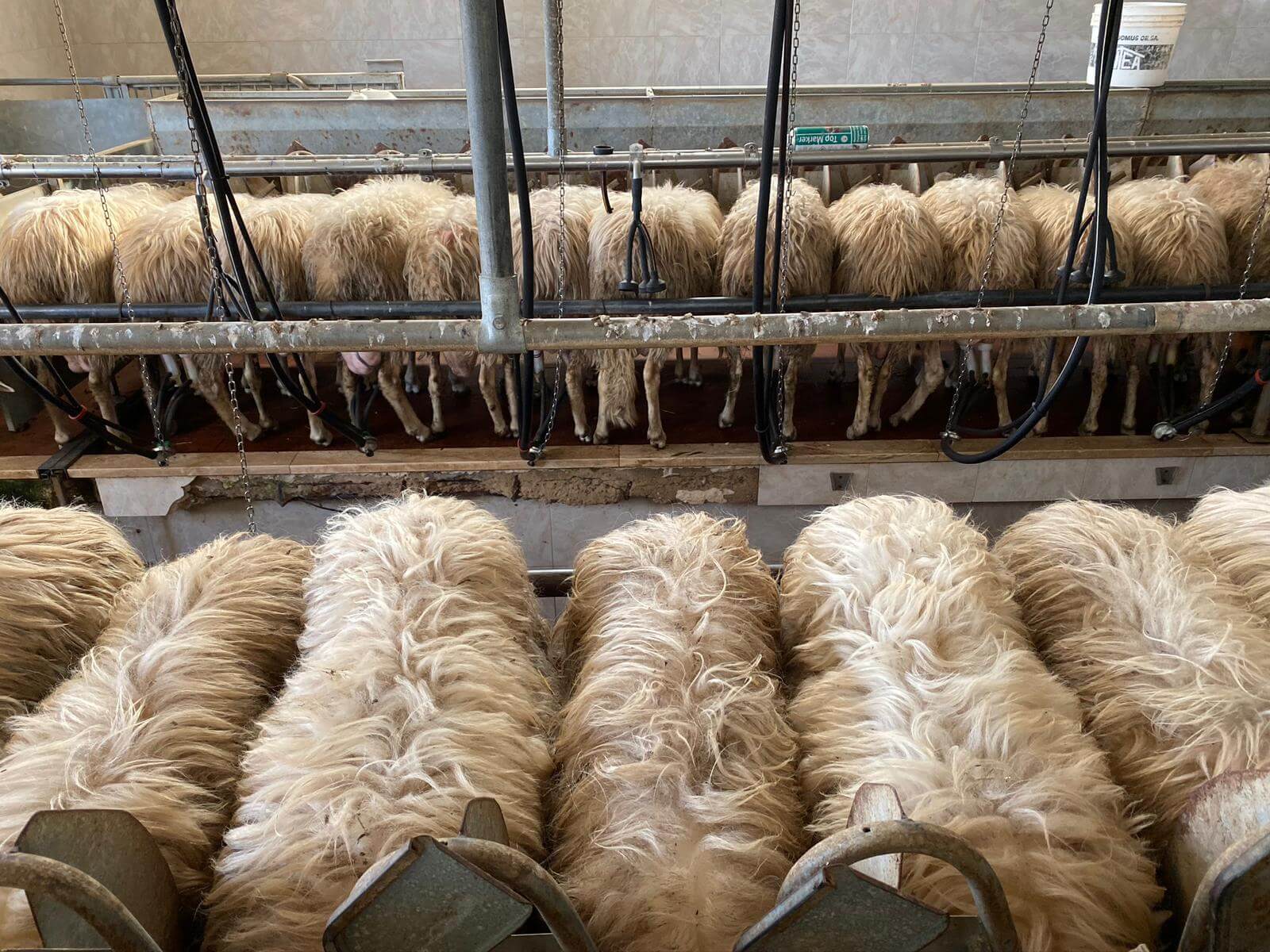
‘It’s little, little, little. You work long hours and they’re not paid, it’s useless. If they paid me for all the hours of work I do… I mean you see me how much I work. I get up at 4:00 a.m., I go back home when it’s dark, what the fuck is this for? So that they collect all the money? It’s not acceptable! You go and protest, and for what? You don’t solve anything protesting. I told you before, it is that we are not united and so it’s impossible... I don’t want to be in the hands of [industries] anymore. Slowly my son will help me too, he’s small now, but he’ll come back with a degree. I’ll put in the experience, he’ll put in the theory, the knowledge.’
‘Even if late, I started to make cheese again. Otherwise we don’t get by. Some is for us, for our family consumption throughout the year, some is to give as a gift to the man who gives me permission to graze on the land that he does not use. But I also manage to sell some.
I try to cut on costs in every way I can, grazing on farm residue, picking up olive tree waste from the olive press, but if I want to finish building the barn, this is not enough.’
I try to cut on costs in every way I can, grazing on farm residue, picking up olive tree waste from the olive press, but if I want to finish building the barn, this is not enough.’

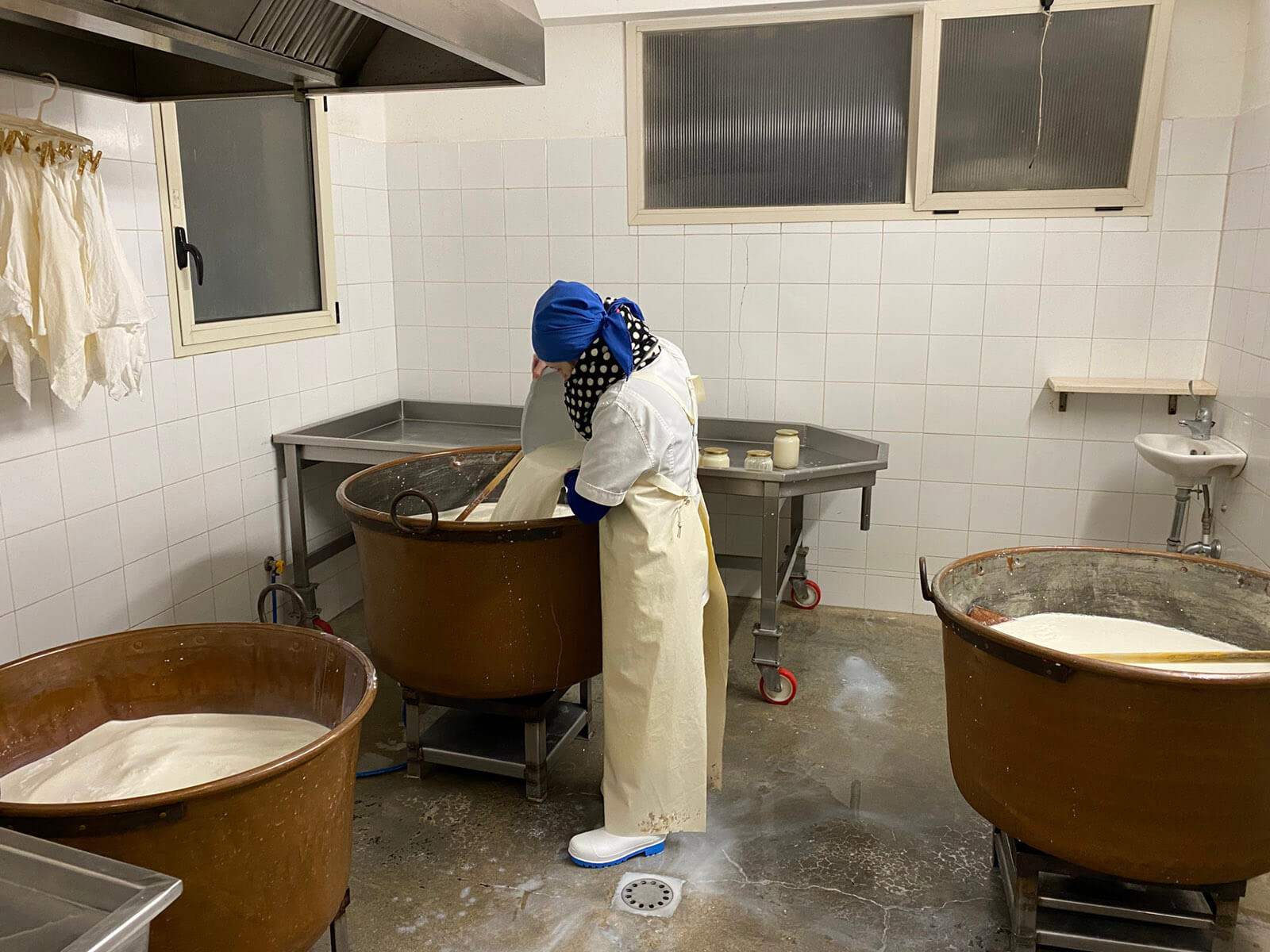
‘Now it almost became a very fashionable matter, let’s say. But it’s also a very important matter because processing raw milk means giving the cheese a link to the territory. In that milk there are all the lactic bacteria of the territory. Working with pasteurized milk means taking that milk and making it sterile, so mixing everything good and bad. And then you have to use the starters, that is the ferments that you buy from multinationals and they are the same bacteria for everyone. So in the end there’s no cheese diversity.’
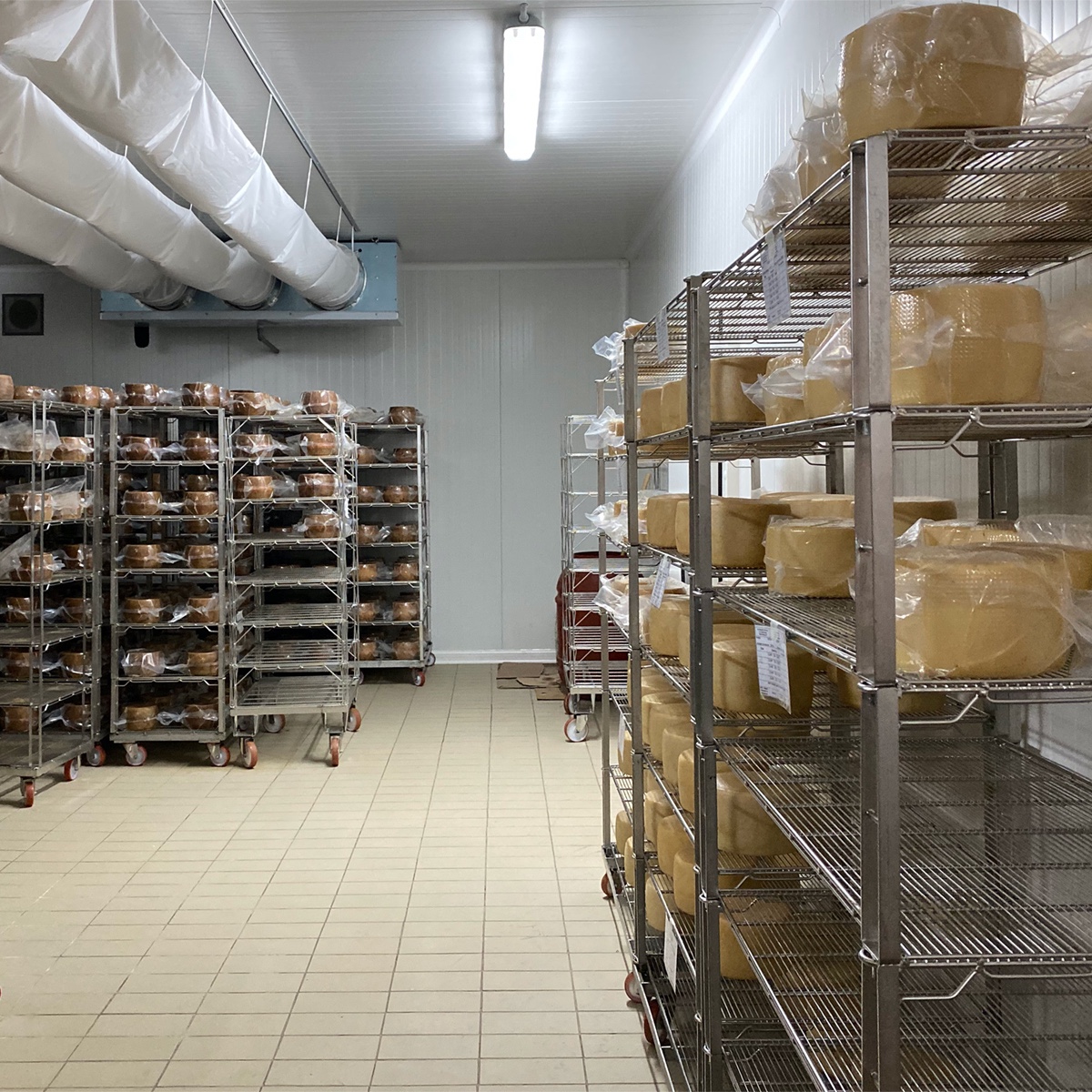

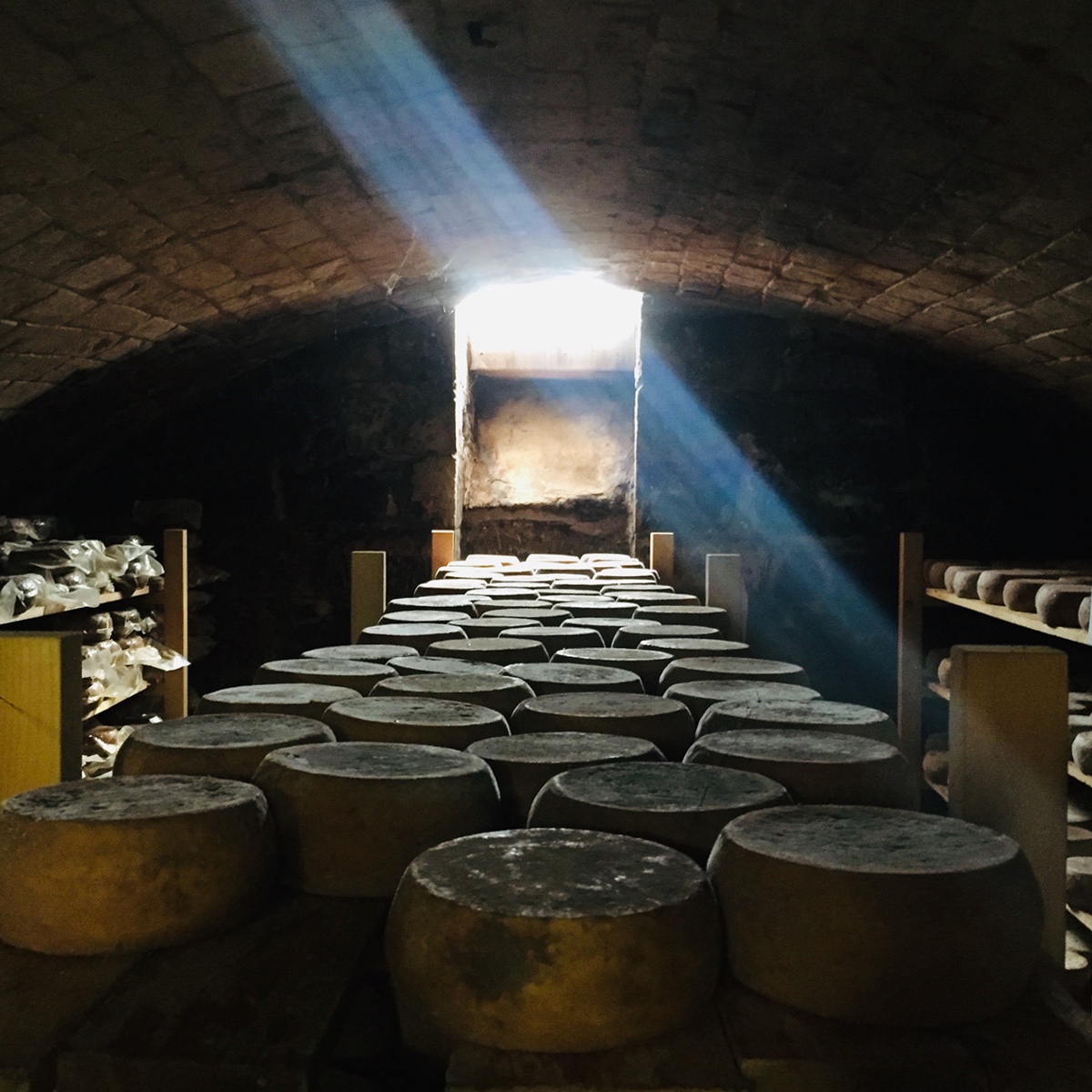

top left: Mini dairy, family-run business with four additional employees processing 100,000-150,000 litres of milk per year.
top right: Pastoralist dairy cooperative with 40 employees and around 400 members, processing around 15 million litres of milk per year.
bottom left: Mini dairy, family-run business processing around 100,000 litres of milk per year. (photo by Ian Scoones)
bottom right: Homemade production for self-consumption and some direct sale processing around 50 litres per day.
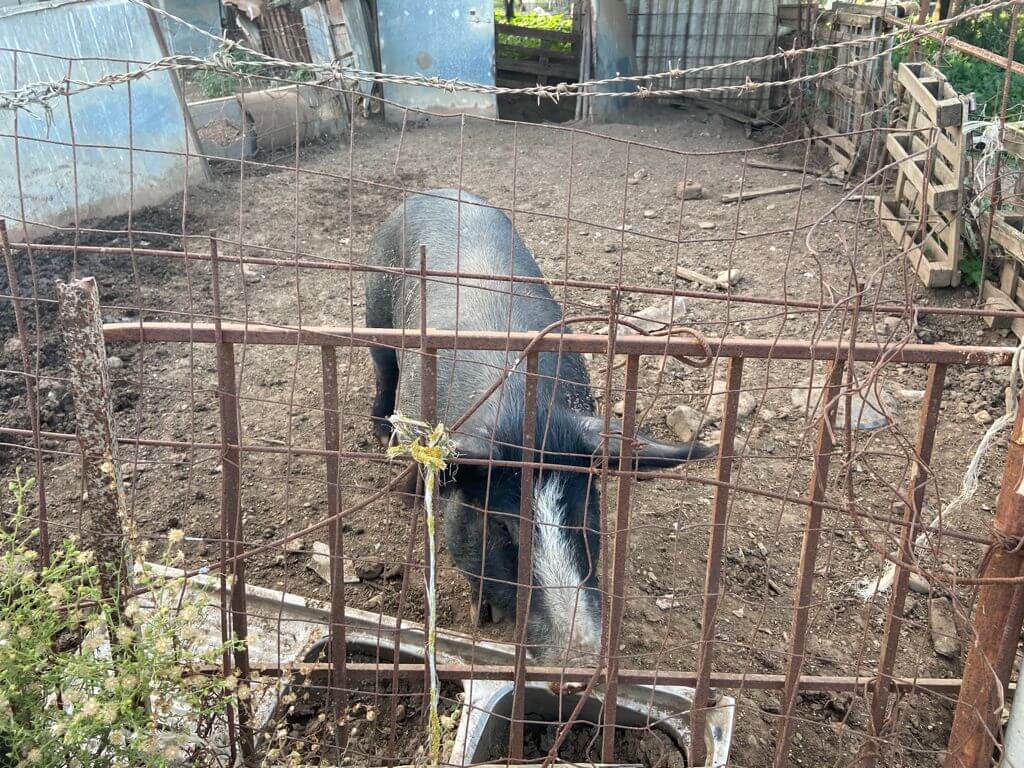

Everything is reused and recycled.
Little is thrown away as waste.
Little is thrown away as waste.
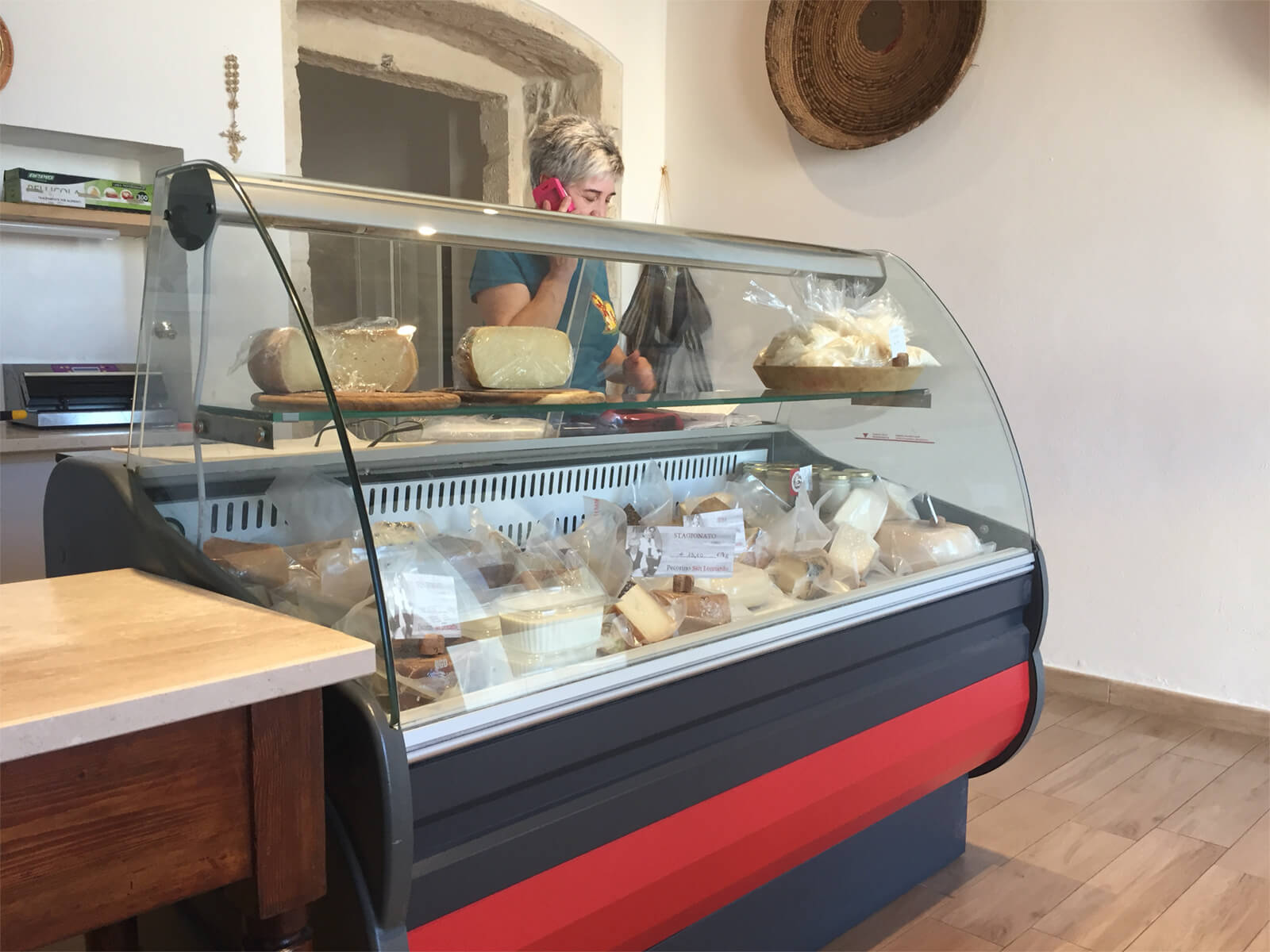
Direct sale to consumers is key for artisanal producers. This often takes place in their small shops, but it can also happen online and in territorial markets.
The key consumers are Sardinians, Italians, tourists travelling to Sardinia, restaurants and specialised shops. The main products include raw milk cheese, Fiore Sardo and different types of Pecorino Sardo.
The key consumers are Sardinians, Italians, tourists travelling to Sardinia, restaurants and specialised shops. The main products include raw milk cheese, Fiore Sardo and different types of Pecorino Sardo.
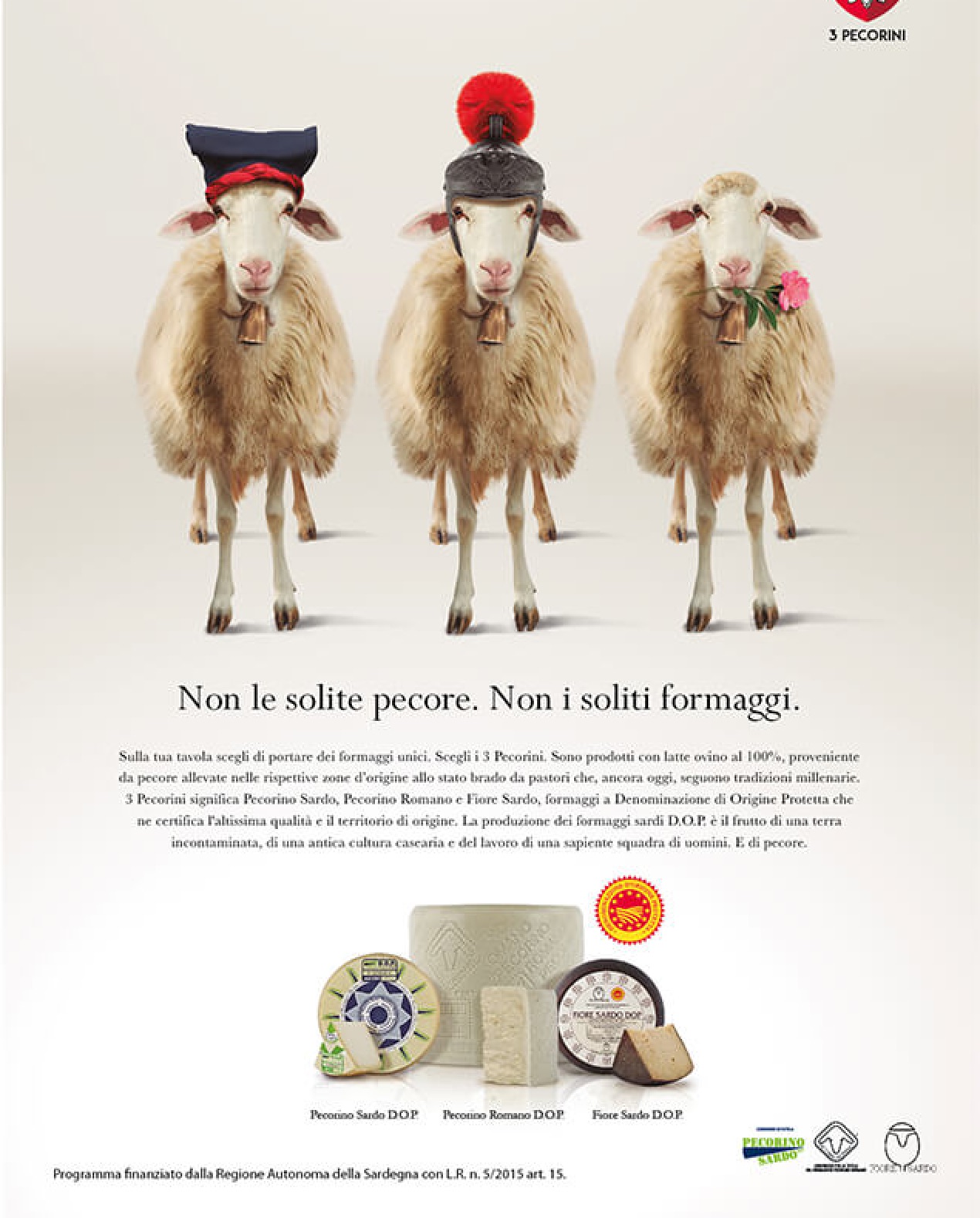
Cooperatives and private industry products are largely sold in international markets. The main market is North America but northern Europe and Asia are also increasingly important. Pecorino Romano is the most significant product, and the primary clients are processing industries and wholesalers. Sellers market Sardinian products at international fairs. (photo courtesy of consorzio 3 pecorini)
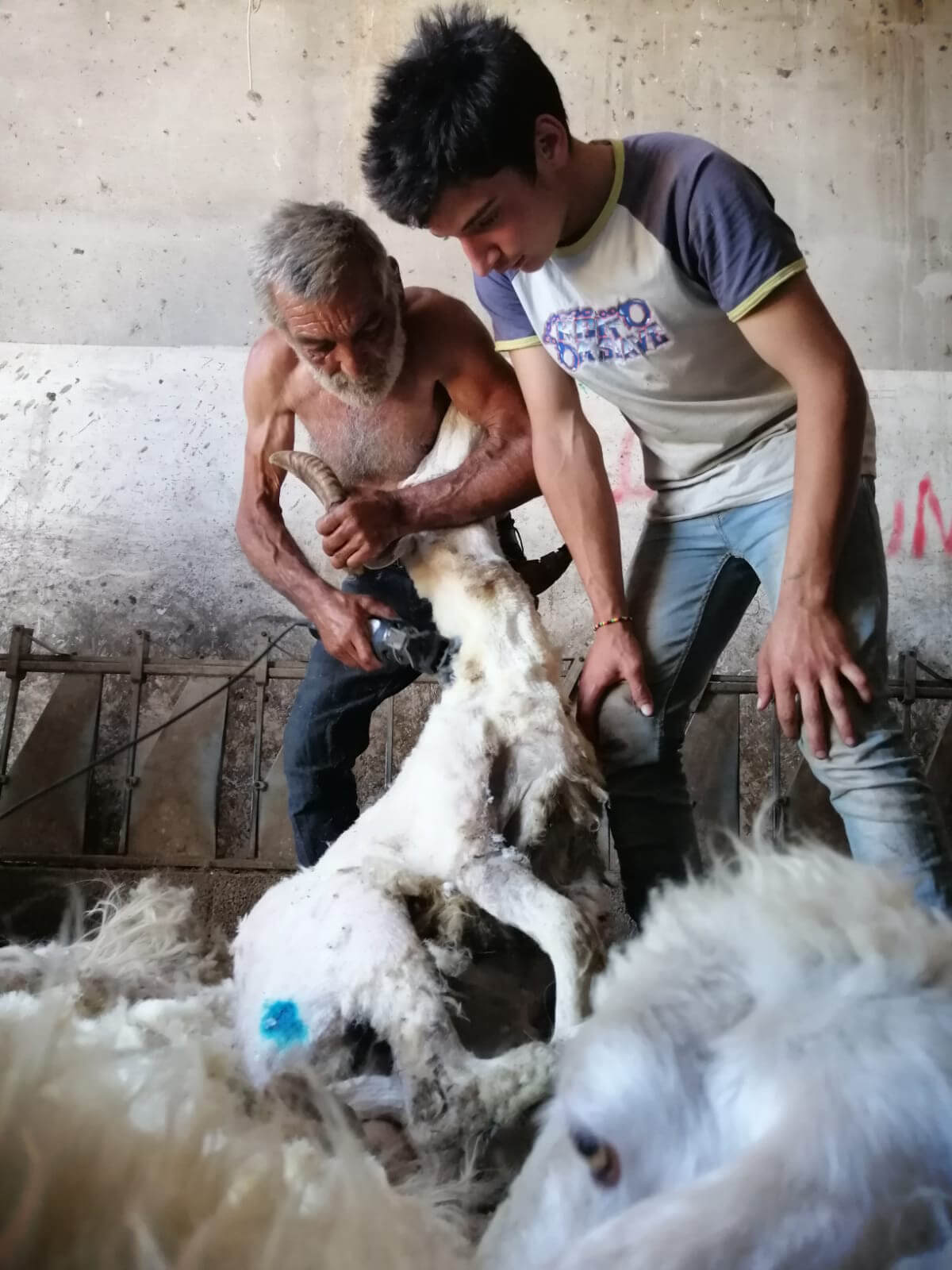
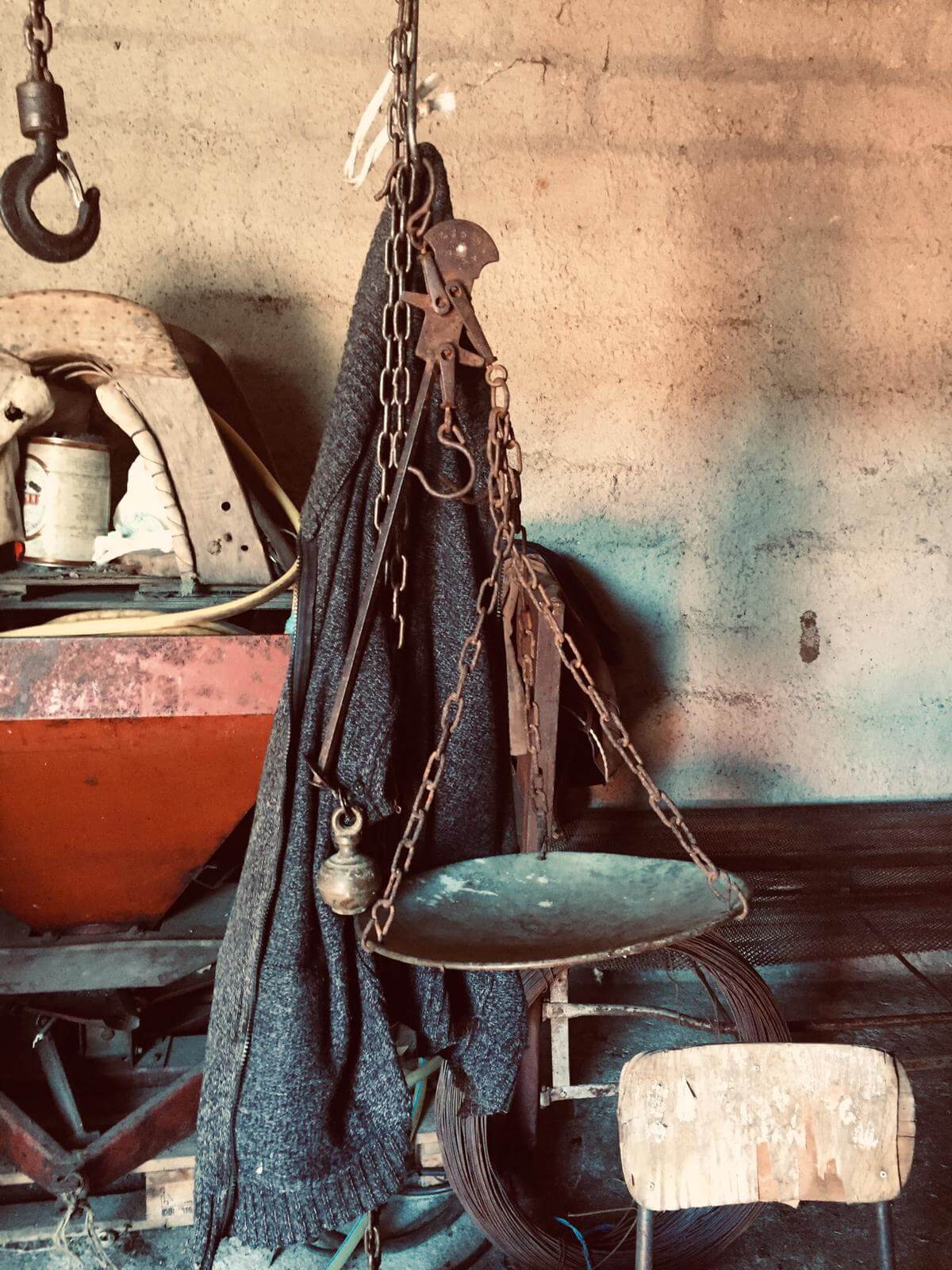
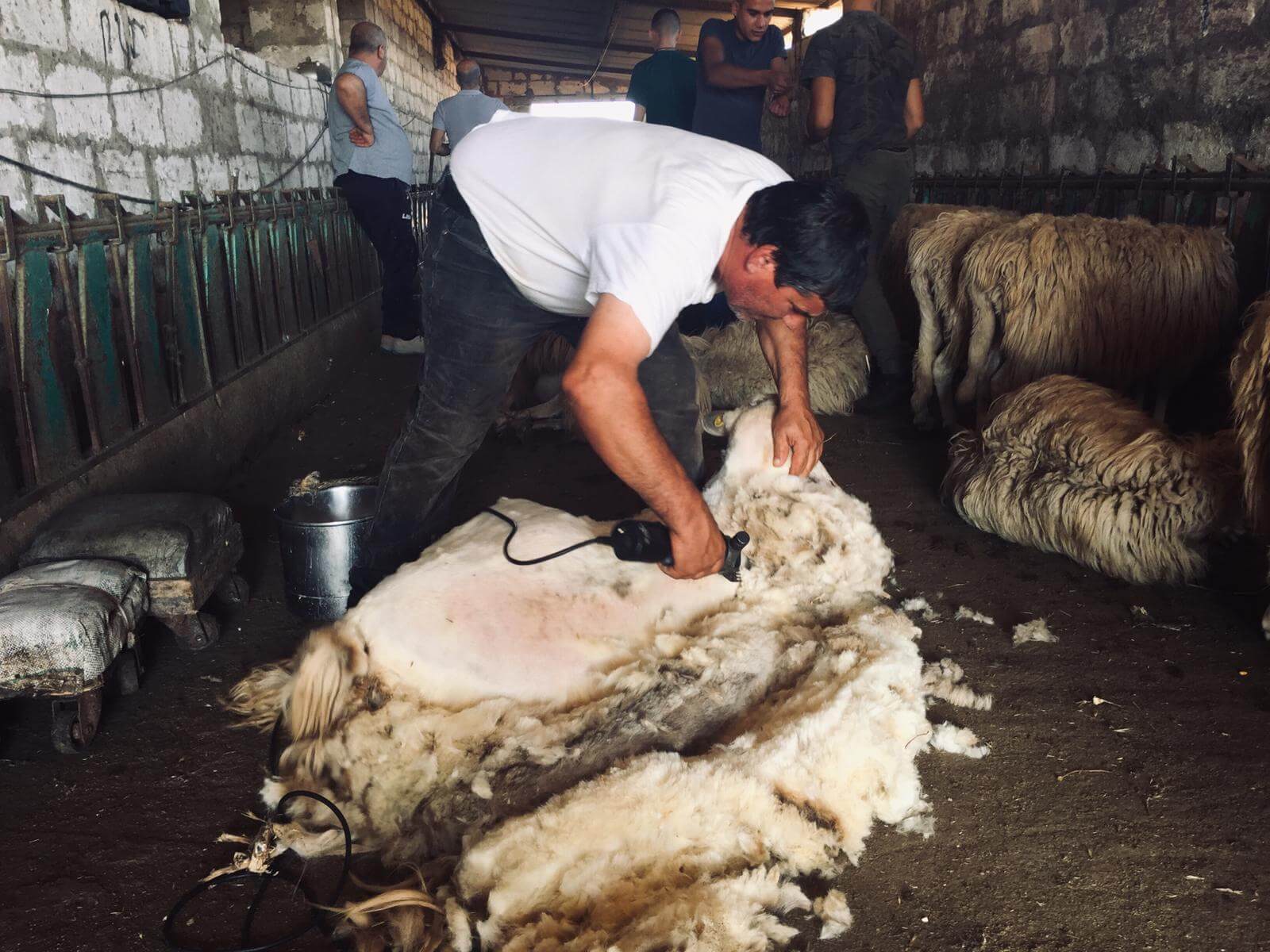
Shearing is a slowly disappearing collective event. Friends, family and pastoralist colleagues are invited to help. Young people tie the sheep so they are ready to be sheared and are also in charge of collecting the wool. Adult pastoralists shear for four to five hours in a row for two or three days. After shearing everyone enjoys a nice lunch and spends time together.
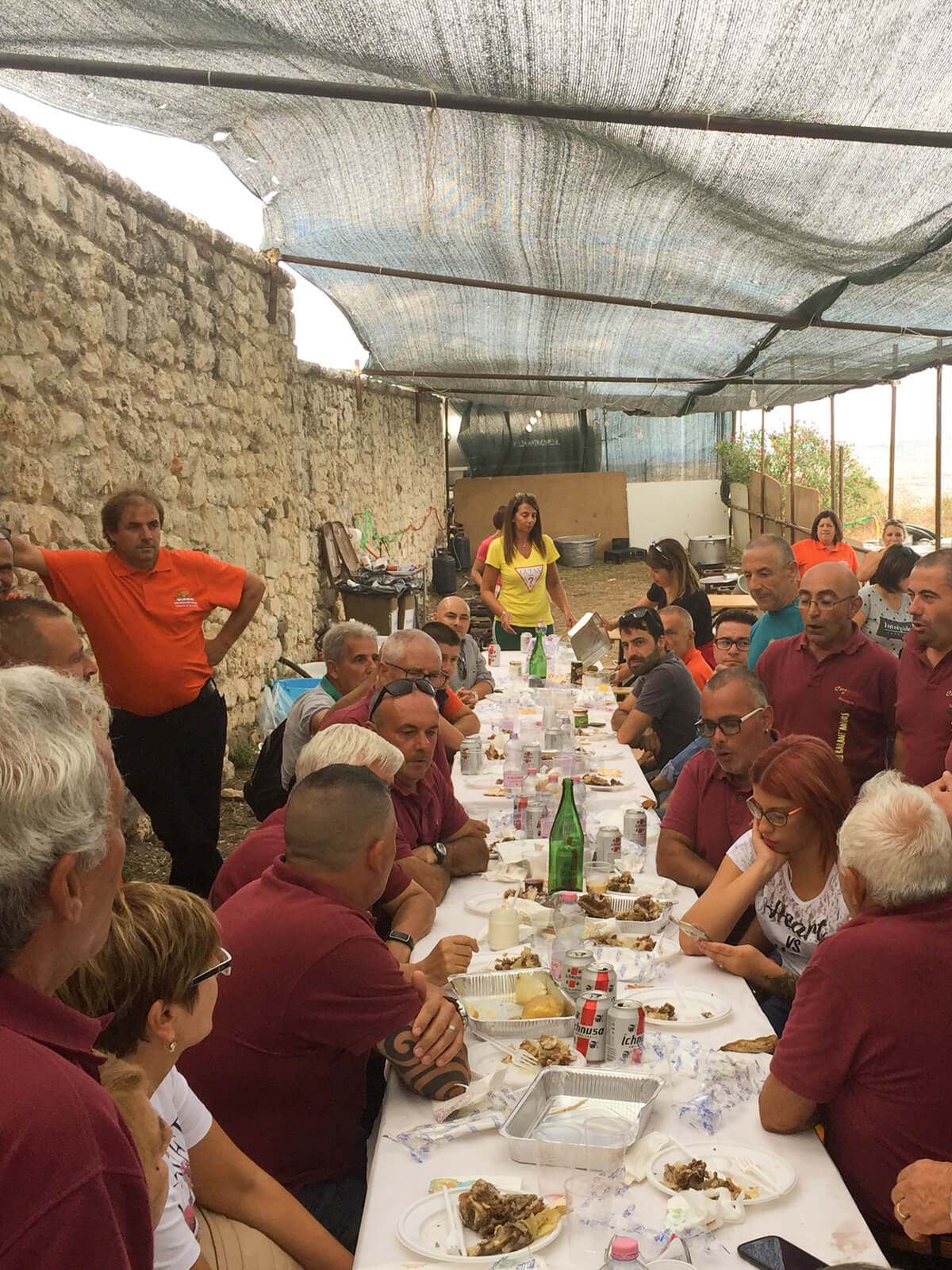

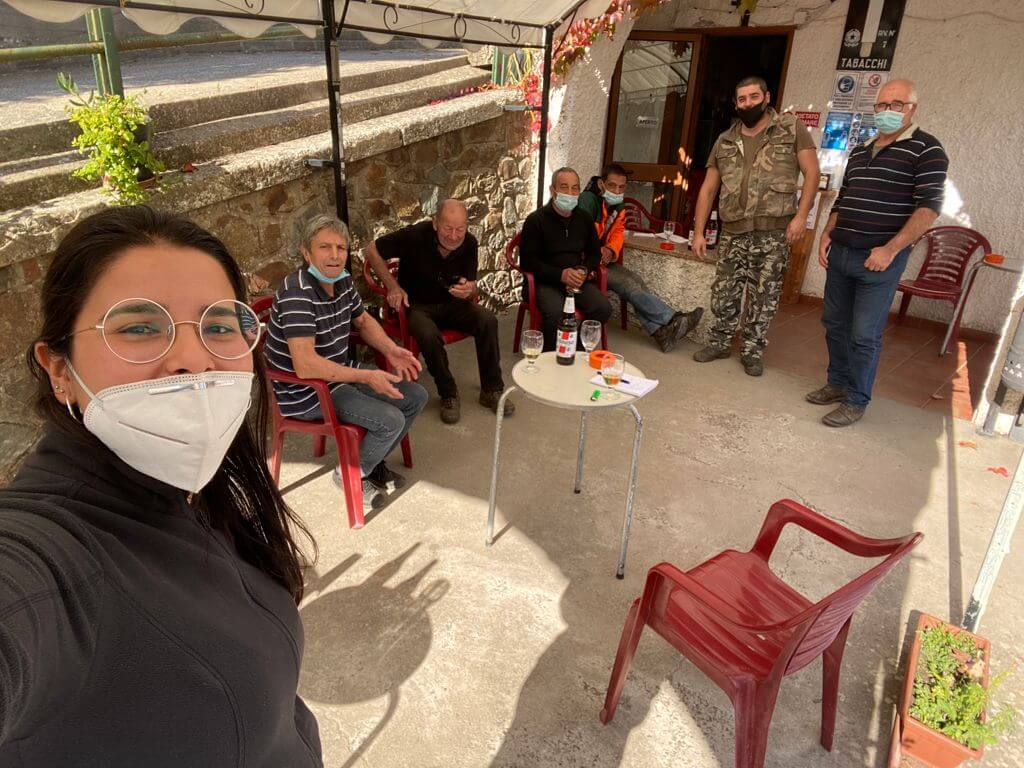
pastoralists keep rural economies and rural communities alive and vibrant.
Social events, gatherings and spuntini are key to celebrating work, culture, food and territorial products. In such events existing relationships and networks are consolidated, and new ones are built. Lamb and cheese are typical pastoral gifts; they are a symbol of all those relations that go beyond market exchange.

credits:
All photography, unless otherwise noted, by Giulia Simula.
Photovoice Advisor: Shibaji Bose
Photo Editing and Newspaper Design: Roopa Gogineni
pHotovoice
Pastoralism is the backbone of Sardinia. With the development of the
important dairy industry, pastoralism underwent profound changes with both very
positive repercussions and also with negative consequences that are mostly paid
by pastoralists. Declining price of milk and increasing price of inputs are two
of them and they affect every pastoralist in Sardinia. But everyone is affected
differently and responses to uncertainties vary widely. “Why don’t you sell
your own cheese if the price of milk is low?” is a frequent question that
people ask. While on-farm production and direct sale are a good option for some
to regain control, they are certainly not an option for all. Responses to
uncertainty are very different. All this diversity is rooted in the different
realities of pastoralism in Sardinia.

